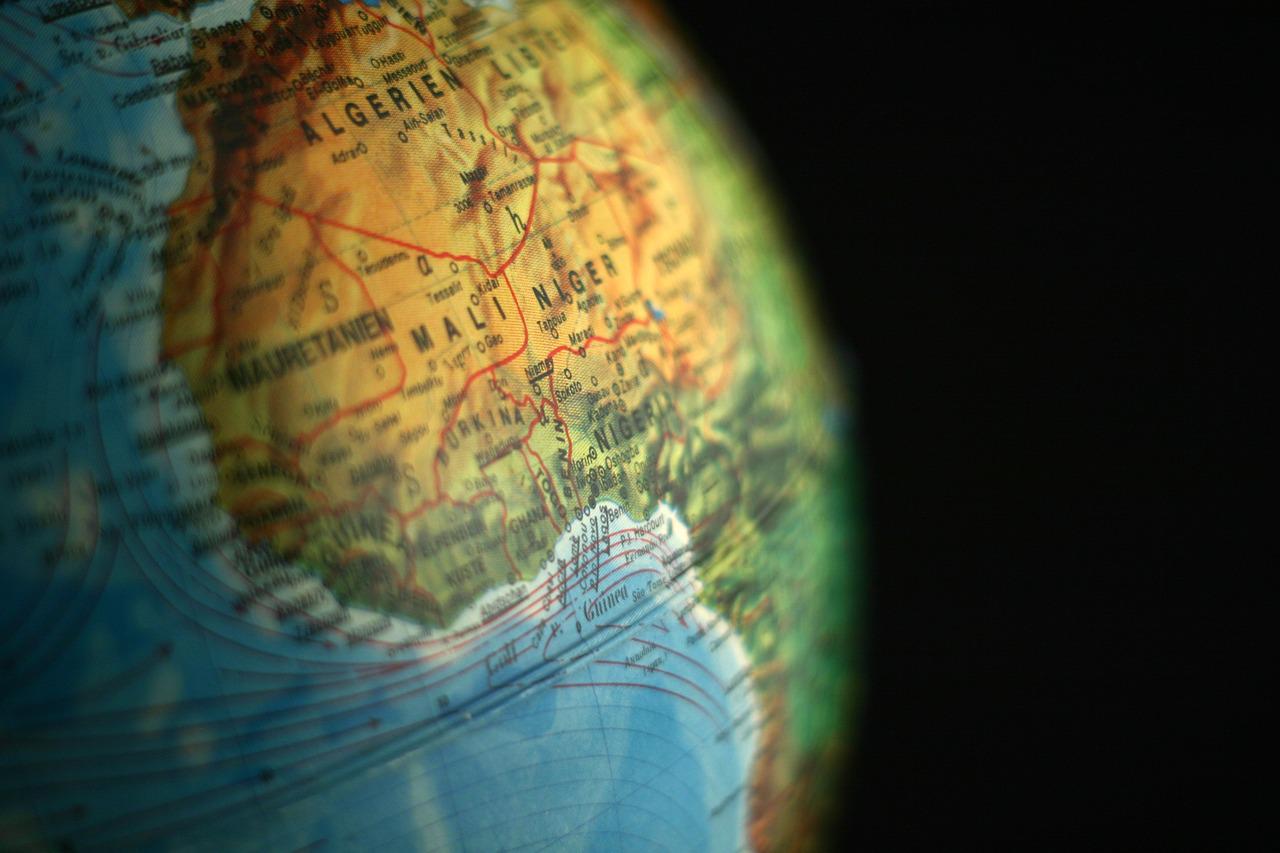
Germany is pulling out of a UN mission in Mali after Malian authorities refused a German military plane access to its airspace. The Defence Minister Christine Lambrecht provided some insight in a Facebook post:
Today Germany temporarily suspended the German army deployment in Mali. The Malian government has repeatedly denied the Bundeswehr the rights to fly over. Germany is still ready to participate in the international peace mission. But that only makes sense if it’s backed by the government there. Just yesterday, my Malian colleague Sadio Camara assured me in a phone call that all open questions have now been clarified and that there should be no further conditions for the deployment. Camara’s actions speak a different language than his words.
The flight was bringing in 140 fresh troops to relieve some of the approximately 1,000 German soldiers participating in the UN peacekeeping mission MINUSMA, most of them positioned near the northern town of Gao where they gather reconnaissance. German forces make up the bulk of troops in the UN mission.
This is the latest in a reduction of European troops in the country to help the Malian government—currently a military junta that came into power through a coup in 2020—fight jihadist insurgents that have been terrorizing the Sahel region, which Mali has been a part of since 2012. The Sahel runs along the southwest border of the Sahara Desert.
Both Germany and France have been drawing down troops from the French-led European Union military mission in Mali since late 2021, though Germany remained committed to the UN mission. Tensions between Mali and Europe increased at the beginning of this year when the military junta that took over the Malian government in 2020 brought in Russian mercenaries from the Wagner Group, and they have only further deteriorated since then. Violence too has increased, including attacks on civilians possibly being perpetrated not only by jihadists but also by Russian mercenary forces.
“These fears are substantiated by reports of several brutal attacks of Russian and Malian forces against civilians. A situation in which the [military junta] is primarily relying on Russian mercenaries for support in security matters is not in our interest and must be avoided,” Politico reports that a German diplomat, speaking on the condition of anonymity, told the news outlet.
Yvan Guichaoua, a West Africa expert from the Brussels School of International Studies, told Politico that the German withdrawal had been looming for weeks, though Europe also has an interest in not allowing Russian influence in the region to grow.
“What is interesting is that Germany didn’t beat around the bush and opted for a tough decision even though it has consequences for the UN mission,” he said.
German forces make up the bulk of the UN mission’s troops, meaning the mission could effectively come to an end now that Germany has pulled out.
According to Politico, Guichaoua also described the situation as a new “turf war” between the West and Russia for influence in Africa’s Sahel region.
“France, the European Union, member states have lost their influence in Mali. But everyone knows that Mali is the epicentre of security troubles in the Sahel, so everyone is forced to keep an eye on Mali without much political leverage because the authorities in Mali are mostly hostile to Western interference,” he said.
But whether Mali’s Russian alliance will ultimately prove beneficial for the country is doubtful.
German Free Democrat member of parliament Alexander Müller told DW that Mali has “turned towards Russia. And I wonder why they did it, because I cannot imagine that Russia has better interests for the Mali government.”
At least part of civilian society in Mali is equally sceptical.”This decision is more than regrettable! And it comes at a time when Mali needs international solidarity in the fight against terrorism more than ever,” Moctar Sy, a member of the Engaged Generation movement, told the German news outlet DW.
